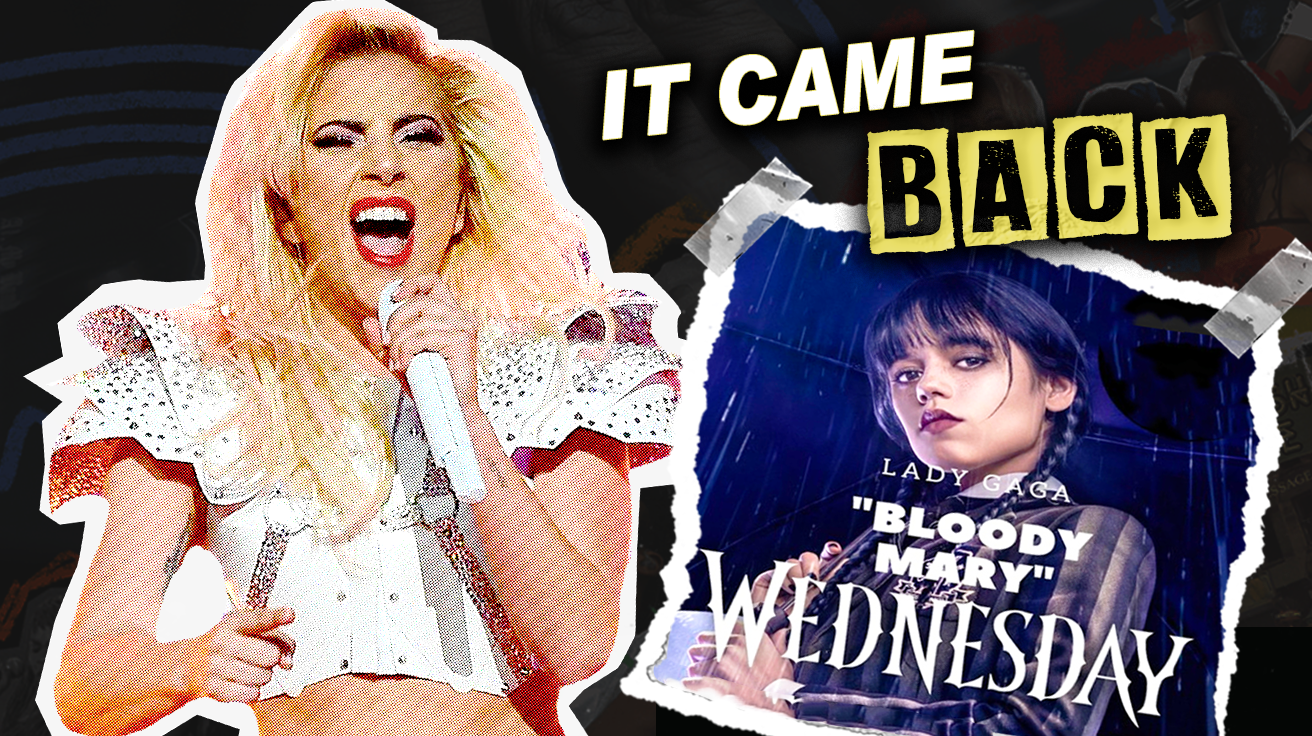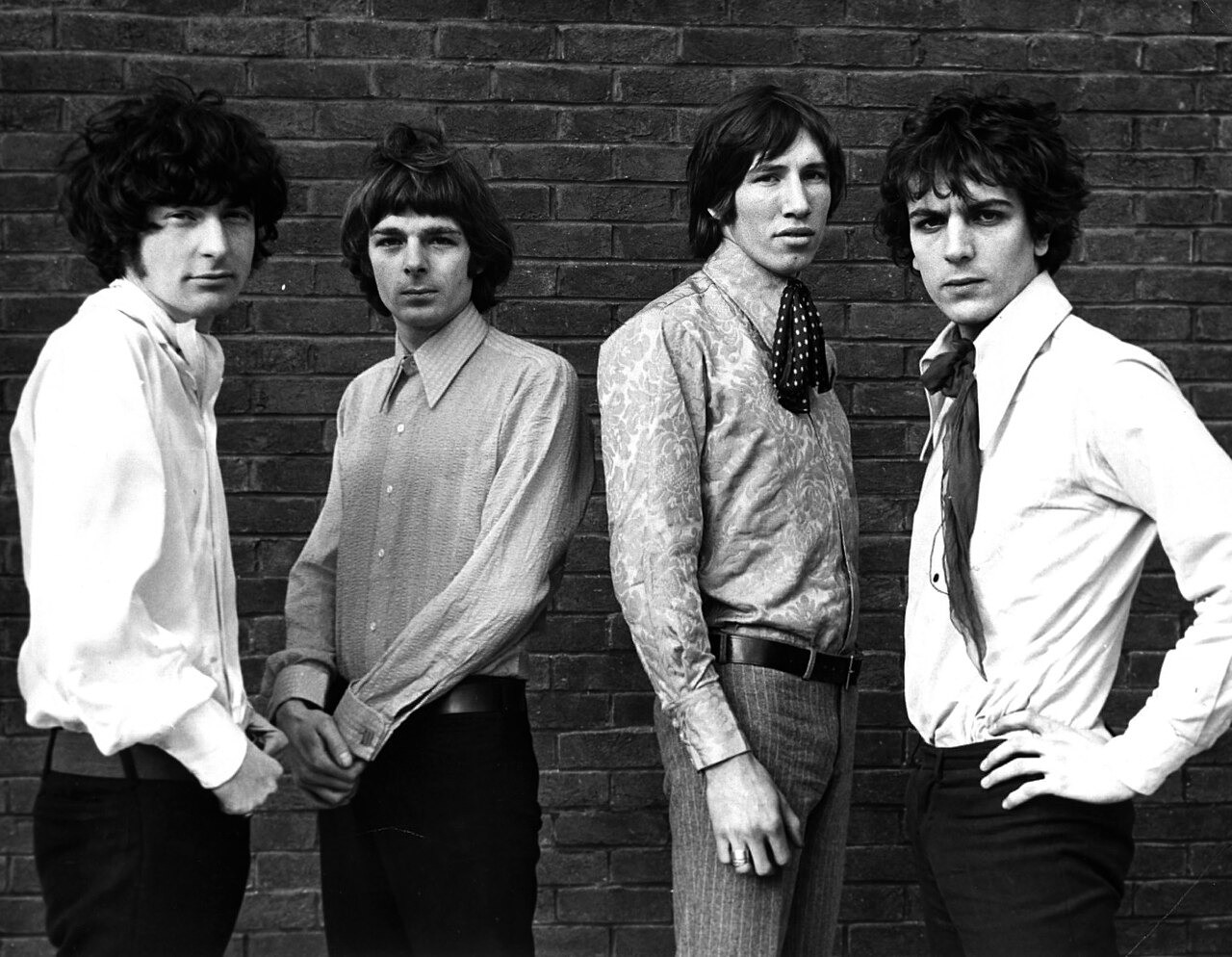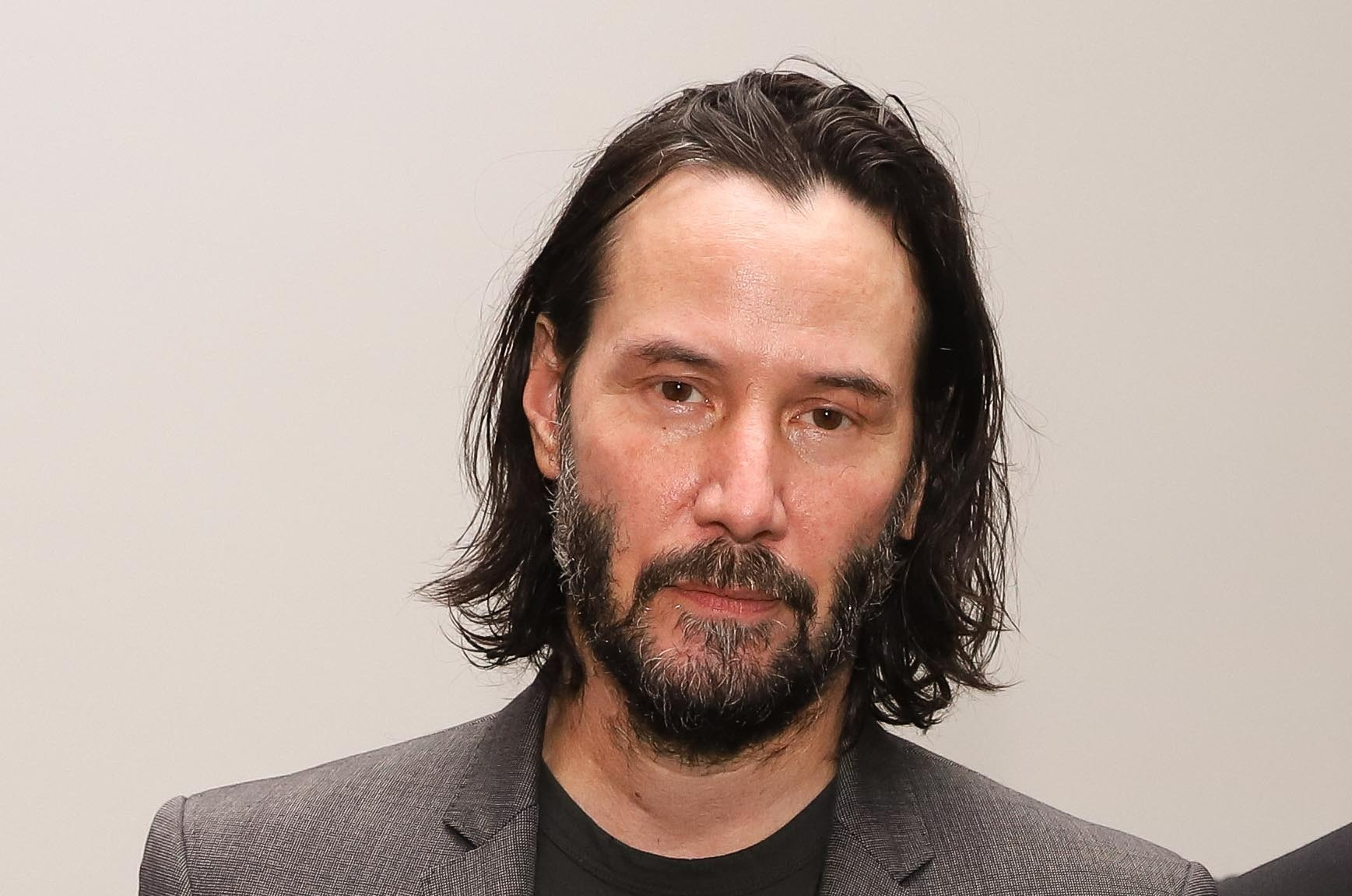The line between rock star antics and geopolitical affairs got hilariously blurry when Blink-182’s Mark Hoppus declared, “I saved the world from Saddam Hussein.” The bassist’s eyebrow-raising claim comes from his recently released memoir “Fahrenheit-182” and subsequent interviews, creating a viral moment that perfectly captures the band’s trademark irreverence.
Social media has embraced the story exactly as intended – as a brilliant piece of pop-punk mythology rather than a serious historical claim, much like the wave of support following his recent decision to auction a rare Banksy painting for California wildfire relief efforts.
During performances for U.S. troops in the Persian Gulf in the early 2000s, Hoppus reportedly approached a Navy admiral with an unconventional proposal. His plan involved using drones or trucks to broadcast ultrasonic time codes that could be picked up in Saddam’s video messages, allowing forces to triangulate the dictator’s location.
Rock Star Geopolitics: When Bass Meets Baghdad
If you’re wondering whether the U.S. military actually implemented a rock bassist’s capture strategy, the answer is a resounding no. Saddam Hussein was captured in December 2003 based on intelligence from close associates, not through sonic triangulation. But that hasn’t stopped Hoppus from playfully taking credit.
“Four months later, Saddam was located and captured in Iraq. So, you’re welcome everyone,” Hoppus quipped in his memoir, delivering the punchline with the same deadpan humor that’s defined Blink-182’s decades-long career.
The story lands as particularly on-brand when contrasted with former bandmate Tom DeLonge’s UFO research. While DeLonge has committed seriously to investigating extraterrestrial phenomena, Hoppus offers this military intelligence tale with a knowing wink.
Social media has embraced the story exactly as intended – as a brilliant piece of pop-punk mythology rather than a serious historical claim. The bassist’s casual “mission accomplished” energy gives the same satisfying dopamine hit as TikTok’s viral “girl explaining” meme format – utterly confident assertions delivered with just enough self-awareness to let you in on the joke.
The timing couldn’t be better for Hoppus, whose memoir (published April 8, 2025) and Blink-182’s upcoming headline slot at October’s When We Were Young Festival in Las Vegas benefit from the viral publicity. No Pentagon officials have commented on the bassist’s supposed counterterrorism contributions – though that silence might just be confirmation, if you ask Hoppus.
For fans of the band, the story represents everything they’ve always loved about Blink-182: irreverence, absurdity, and the ability to connect pop culture to world events through a uniquely skewed perspective.
The bass lines might be tight, but the tall tales are even better. Just don’t expect to find Hoppus’s national security credentials in the official record anytime soon.


























